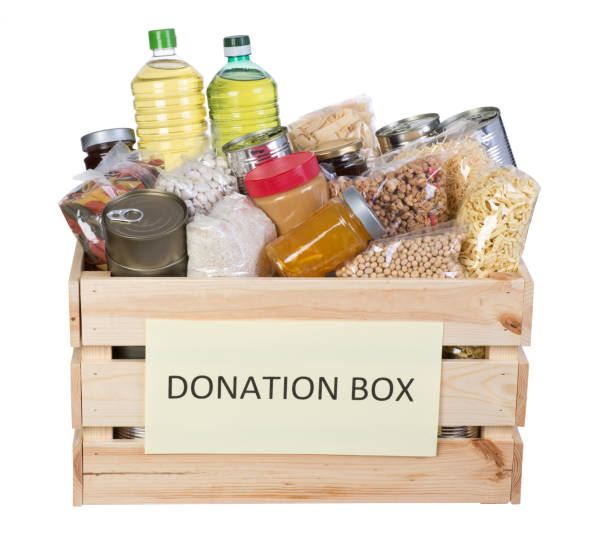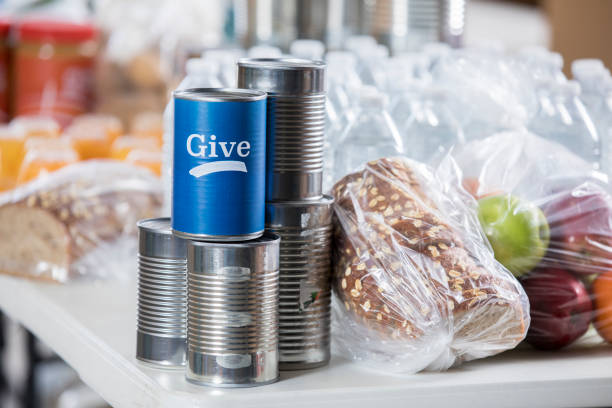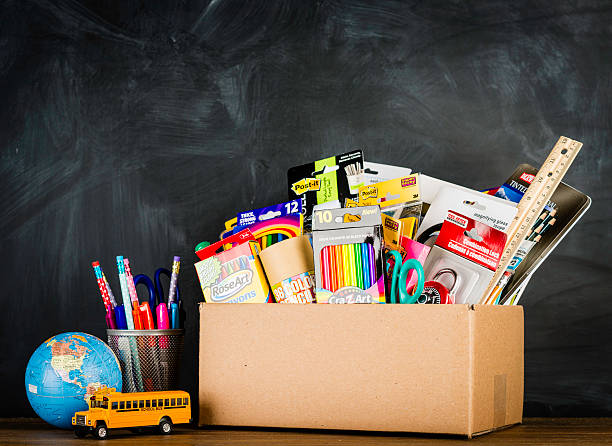Where to Donate Books: A Comprehensive Guide
Books are treasures that hold the power to educate, entertain, and inspire. However, as personal collections grow and preferences change, many find themselves with books they no longer need. Rather than letting these books gather dust, donating them can provide others with the opportunity to enjoy and learn from them. This guide explores various avenues where you can donate your books, ensuring they find new homes where they will be appreciated.
Libraries
Libraries are often the first place that comes to mind when considering where to donate books. Public libraries frequently accept donations to expand their collections or to sell in fundraising book sales. Donating to a library not only supports the institution but also ensures that your books reach a wide audience. Before donating, it’s advisable to check with your local library about their specific guidelines and needs.
Schools and Educational Institutions
Schools, from elementary to universities, can benefit greatly from book donations. These institutions often have limited budgets and appreciate contributions that enhance their libraries and classrooms. Textbooks, educational materials, and age-appropriate fiction and non-fiction books can make a significant difference. Contacting school administrators or librarians can provide clarity on what types of books are most needed.
Charitable Organizations
Numerous charitable organizations accept book donations to support their various missions. Organizations like Goodwill, The Salvation Army, and Habitat for Humanity often sell donated books in their thrift stores, using the proceeds to fund their programs. These organizations typically have drop-off locations and may even offer pick-up services for larger donations.
Hospitals and Healthcare Facilities
Hospitals and healthcare facilities often have libraries or reading rooms for patients and their families. Donating books to these facilities can provide comfort and entertainment to those undergoing treatment or visiting loved ones. Children’s books are particularly valuable in pediatric wards. Contact the volunteer services department of your local hospital to learn about their donation process.
Prisons and Correctional Facilities
Books can be a crucial resource for inmates, providing education, mental stimulation, and an escape from the confines of prison life. Many correctional facilities have programs that accept book donations. Organizations like the Prison Book Program or Books Through Bars facilitate these donations, ensuring that books reach those who need them most. It’s important to adhere to guidelines regarding the types of books accepted, as certain genres or themes may be restricted.
Community Centers and Shelters
Community centers, homeless shelters, and domestic violence shelters are places where donated books can have a profound impact. These centers often have limited resources and welcome contributions that offer education and enjoyment to their clients. Contacting local shelters to understand their needs can ensure your donation is both appreciated and utilized.
Little Free Libraries
Little Free Libraries are small, community-run book exchanges located in neighborhoods across the globe. These charming book-sharing boxes operate on a “take a book, leave a book” basis, encouraging community members to share their favorite reads. Donating to a Little Free Library in your area is a great way to ensure your books are enjoyed by your neighbors. You can find a map of registered Little Free Libraries online to locate one near you.
Religious Organizations
Churches, synagogues, mosques, and other religious organizations often run programs that benefit from book donations. Whether for their own libraries, community outreach programs, or fundraising events, these organizations can put your books to good use. Contacting local religious institutions can provide information on how and where to donate.
Book Drives and Fundraisers
Participating in book drives and fundraisers organized by schools, community groups, or charitable organizations is another excellent way to donate books. These events often collect books to support specific causes, such as literacy programs or disaster relief efforts. Keeping an eye out for local book drives can provide opportunities to donate your books in a meaningful way.
Online Platforms and Social Media
In the digital age, online platforms and social media have become powerful tools for donating books. Websites like Freecycle, Craigslist, and Facebook Marketplace allow you to list books for free, connecting you directly with individuals who are interested in them. Additionally, community groups on social media platforms often have members looking for book donations for various projects and initiatives.
Local Bookstores and Cafes
Some local bookstores and cafes have community bookshelves where patrons can leave books for others to take. These informal exchanges promote a sense of community and ensure that books continue to be read and enjoyed. Visiting local businesses and asking about their policies on book donations can open up new avenues for giving.
International Organizations
If you’re interested in making a global impact, consider donating to international organizations that distribute books to underserved communities worldwide. Organizations like Books for Africa, Room to Read, and International Book Project work tirelessly to provide educational materials to schools and libraries in developing countries. Donating to these organizations can help bridge the educational gap and promote literacy on a global scale.
Universities and Research Institutions
Universities and research institutions often accept donations of specialized books, journals, and academic texts. These donations can support research and education, providing valuable resources to students and faculty. Contacting the library or relevant department at a university can provide information on how to donate.
Local Government Programs
Some local governments have programs designed to collect and distribute books within the community. These programs may support public libraries, schools, or community centers. Checking with your local government or visiting their website can provide details on how to contribute to these initiatives.
Environmental Impact
Donating books also has a positive environmental impact. By giving your books a new life, you reduce waste and promote recycling. Many organizations that accept book donations also have programs to recycle books that are not in good condition, ensuring that they are disposed of responsibly.
Preparing Your Books for Donation
Before donating, it’s important to prepare your books to ensure they are in good condition and suitable for their new homes. Here are some tips to consider:
- Inspect each book for damage, such as torn pages, water damage, or mold.
- Remove any personal items, such as bookmarks or notes, from the books.
- If possible, organize the books by genre or age group to make it easier for the recipient organization to sort them.
- Contact the organization ahead of time to confirm their donation guidelines and needs.
Conclusion
Donating books is a generous act that benefits both the donor and the recipient. By choosing the right organization and preparing your books thoughtfully, you can ensure that your donation makes a meaningful impact. Whether you donate to a local library, a school, a charitable organization, or an international program, your books can find new lives and continue to inspire and educate others.




